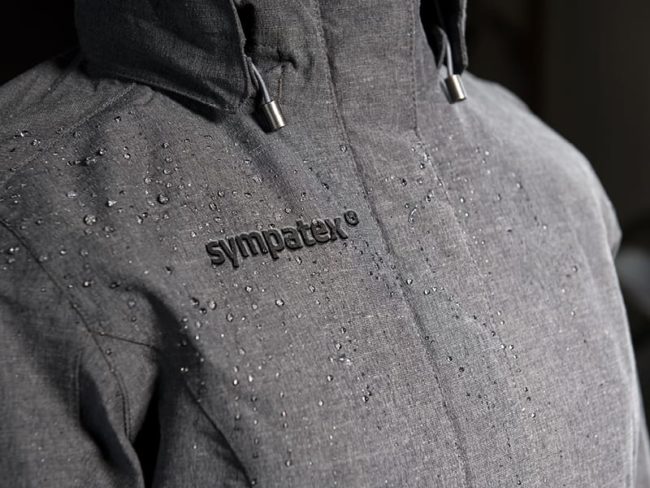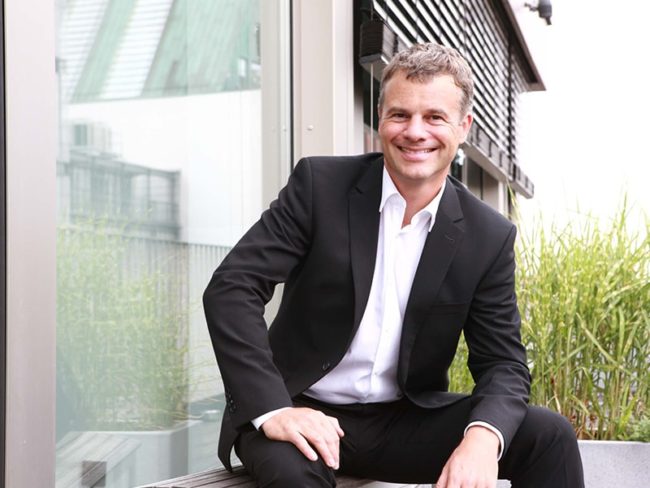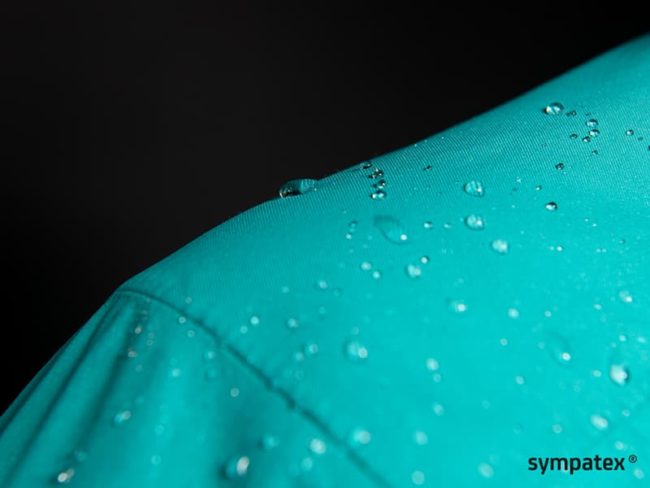At the start of ISPO 2021 Sympatex is once again setting new standards for sustainability in functional textiles. Specifically, it has announced that as early as this year, more than 25% of the raw materials required for its membrane will be converted to bio-based sources, originating from various organic waste streams (based on mass balancing*). At the same time, Sympatex will ensure that the membrane not only retains its high performance values in terms of breathability as well as water- and windproofness, but also remains fully recyclable at the end of its life cycle.
In addition, DSM, Sympatex’s long-standing raw material partner, is in the process of completing its production facilities conversion to renewable electricity sources, as a result of an ongoing drive to reduce the carbon footprint of their products and operations. In this way, DSM is supporting Sympatex, as the first signatory to the UNFCCC Climate Charter for Action for the Textile Industry (now signed by over 100 brands and associations), to reach another milestone on the road to climate neutrality several years earlier than planned.
Sympatex brand partners will benefit from these developments. Specifically, incorporating Sympatex membranes into their collections will help them to fulfill a major climate charter commitment – reducing CO2 emissions by 30% compared to 2015 – much faster. One of the first brands in whose collection this milestone will be effective is Mammut, which will hit stores with a Sympatex collection in the coming winter season. The plan is to fully complete the conversion for all Sympatex membrane deliveries by the end of 2021 at the latest.
Dr. Rüdiger Fox, CEO Sympatex Technologies emphasizes:
While our main focus remains on closing the textile loop by using our industries’ own waste streams, we will also embrace every other technically feasible opportunity to minimize our footprint by then. Once again, we are seeing that constructive partnerships are moving us forward on the path to consistent sustainability much faster than we might have initially expected – and everyone in the supply chain is benefiting, from raw material partners to brands to end consumers. Above all, such a circular economic system will also help to build a new quality of trust between all partners.
Maximilian Lenk, Chief Product Officer from Mammut says:
A great achievement from Sympatex and another proof for the importance of our partnership.
Caroline Mitterlehner, VP Specialties DSM Engineering Materials, adds:
Together with our partner Sympatex we are taking the next important step in our sustainability journey, and driving the industry’s transition from conventional to renewable resources. I am very proud that we are introducing more and more bio- and recycled-based alternatives to our existing portfolio. Sympatex and DSM are taking a leadership role by introducing functional textiles made with bio-based Arnitel® materials. Our Arnitel bio-based alternatives will deliver the same functional performance as our conventional portfolio. In this way, we are addressing market needs and contributing to a more sustainable world without making any performance compromises.
Press release




KOMENTARZE